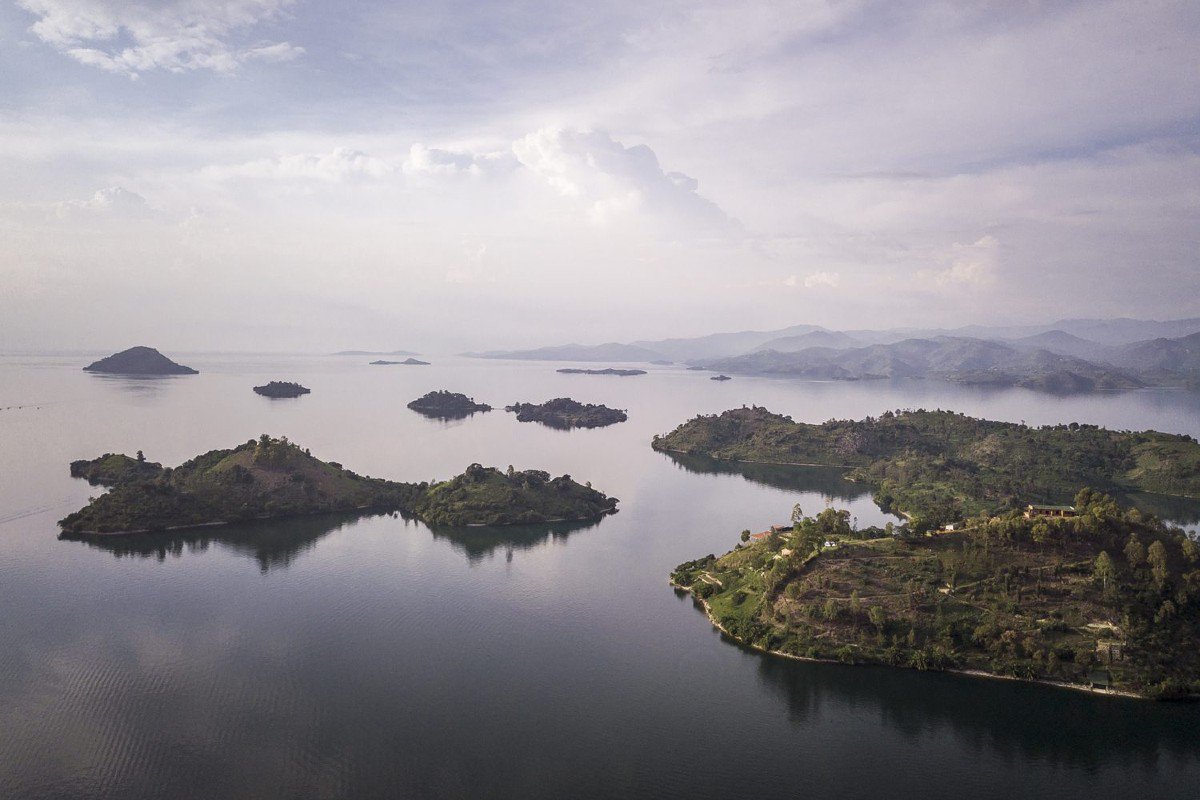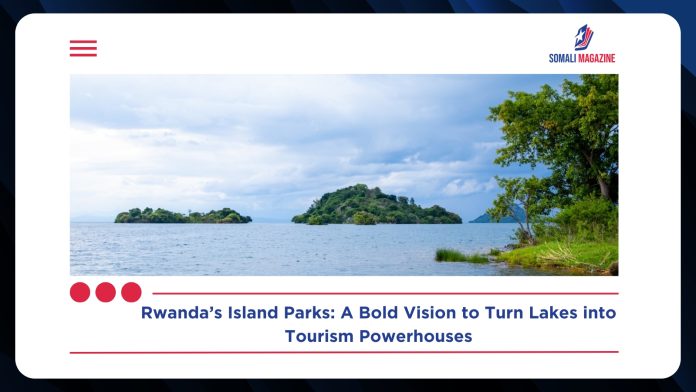Facebook Twitter (X) Instagram Somali Magazine - People's Magazine
Rwanda is setting its sights on a tourism boom by transforming its lake islands into eco-friendly parks, a bold move that aligns with the country’s broader Blue Economy strategy. The initiative, spearheaded by the Rwanda Development Board (RDB), aims to unlock the untapped potential of the nation’s 24 lakes and surrounding wetlands by establishing island parks by 2028, positioning Rwanda as a premier destination for sustainable lake tourism in East Africa.
The plan is part of a larger effort to diversify tourism revenue and stimulate economic growth through sectors such as fisheries, hydropower, and water transport. Senators have called for a comprehensive economic assessment of the islands to guide investment and ensure that development is both inclusive and environmentally sound. The government hopes that by capitalizing on its natural aquatic assets, it can attract more visitors, create jobs, and boost local economies.
However, the ambitious project is not without its challenges. Land disputes have emerged as a major hurdle, with residents of Gihaya in Rusizi and communities on islands in Burera district accusing some investors of undervaluing or failing to compensate them for their land. These grievances have led to prolonged disputes and growing frustration among affected communities.
In addition to land issues, the government has faced criticism for the slow pace of relocating families from disaster-prone islands vulnerable to earthquakes and floods. Senators have urged the administration to develop a clear relocation plan with defined timelines, warning that delays could undermine the credibility of the entire initiative.

Albert Murasira, the Minister in charge of disaster preparedness, acknowledged the difficulties, citing budget constraints as a key obstacle. “We have a budget for disaster response; prevention is a different and bigger budget. We work closely with line institutions,” he said, emphasizing the need for coordinated planning and resource mobilization.
Despite these setbacks, the government remains optimistic. The Blue Economy strategy is seen as a long-term investment in Rwanda’s future, with island parks expected to complement the country’s existing tourism gems such as Volcanoes National Park, Akagera National Park, and Nyungwe Forest. In 2023 alone, these parks attracted over 135,000 visitors, a sharp rise from just 24,000 in 2005, underscoring the sector’s growth potential.
The island park initiative also aligns with Rwanda’s environmental conservation goals. By promoting eco-tourism and sustainable development, the government aims to protect fragile ecosystems while generating revenue. Plans include the development of eco-lodges, guided nature trails, and cultural heritage sites that celebrate the unique identity of each island.
Local communities are expected to play a central role in the project’s success. The RDB has pledged to involve residents in planning and implementation, offering training and employment opportunities in hospitality, conservation, and tour guiding. This community-based approach is designed to ensure that the benefits of tourism are widely shared and that local voices are heard.
As Rwanda moves forward with its island park vision, the world is watching. If successful, the initiative could serve as a model for other landlocked nations seeking to harness inland water resources for sustainable development. For now, the focus remains on resolving land disputes, securing funding, and building the infrastructure needed to turn Rwanda’s lakes into thriving tourism hubs.

